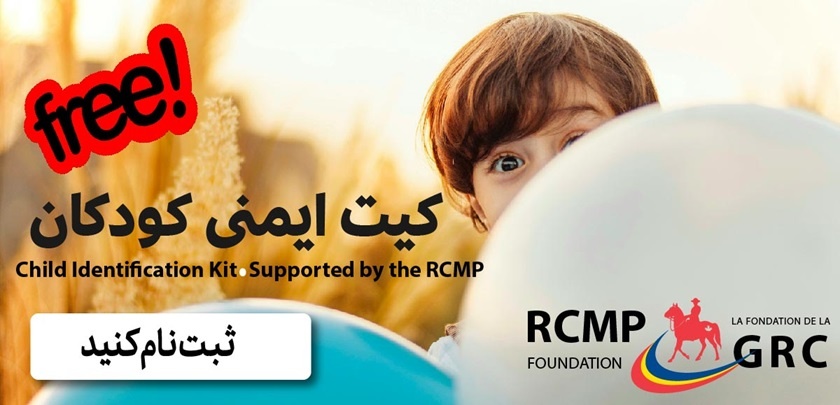استفاده از مطالب، تصویرسازی ها، عکس ها، فیلم ها و پادکست ها با ذکر منبع و لینک مستقیم به وب سایت پلاك 52 بلامانع است.
The importance of belonging and attachment as a driving force in our lives has been proven by neuroscience, and the role vulnerability plays in building attachments is key, yet so very difficult for us to express.
I was in the dark
When I first became a mother, I was in the dark throes of postnatal depression and the one resounding piece of advice all the professionals gave me was to learn to ask for help and support from family and friends. I realized then that somewhere along the way I had programmed myself to be shameful of needing help.
Why is it difficult to acknowledge that
we have weaknesses and need support from people?
Why is it difficult to acknowledge that we have weaknesses and need support from people? We don’t penalize others for it, in fact, we enjoy helping others– helping others releases dopamine in the human brain and is termed “the helpers high”.


Endless sleepless nights
A few years ago, my children were sick, and after what felt like endless sleepless nights I woke up to a serious lack of groceries for which I could not leave the house with two very sick kids asleep on the couch. I had no choice but to be vulnerable, revealing my imperfections, and ask my friends for help. They swooped in and brought me the much-needed provisions. I felt so cared for and felt closer to them than ever before. They did not admonish me– they supported me! It made me feel like we could achieve anything together!
- from Sareh Danaher: East/West – Seamless
Dr.Louis Cozolino, Professor of Neuro-psychotherapy states that “we are not the survival of the fittest; we are the survival of the nurtured” by pointing to research that has proven our need for belonging and human attachment comes before our need for food and shelter. And since vulnerability is an important factor to this equation let’s remind ourselves of Dr. Brené Brown’s wise words: “vulnerability is not weakness; it’s our greatest measure of courage.”















